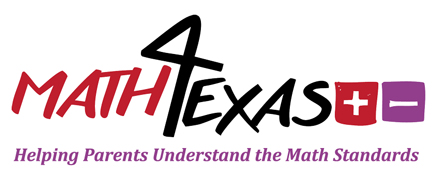T.i.P.S.
-
 Students should understand that money earned may be spent or saved. If students decide to save their money, there is no decrease in the amount of money you have but may result in an increase in the amount of money they have over time. If students decide to spend their money, they should have reasons for spending the money they earned or received to meet their wants or needs, or to give to charity.
Students should understand that money earned may be spent or saved. If students decide to save their money, there is no decrease in the amount of money you have but may result in an increase in the amount of money they have over time. If students decide to spend their money, they should have reasons for spending the money they earned or received to meet their wants or needs, or to give to charity.
Example
-
Cassi earns $5 each week for doing her household chores. This Saturday Cassi is going to the mall and taking the $8 she has in her piggy bank and the $5 she earned for this week. Below are the items she wants to buy.a) Which of the items could she spend her money on now?
b) Which items will she need to continue to save for? Explain why saving is a good choice, rather than spending, to help her buy these items one day.
Digital Tools
-
Click on the following links for interactive games.
Resources
-
Click on the following links for more information.
TEKS
-
2.11 Personal financial literacy. The student applies mathematical process standards to manage one's financial resources effectively for lifetime financial security. The student is expected to:(B) explain that saving is an alternative to spending





 Click
Click 

